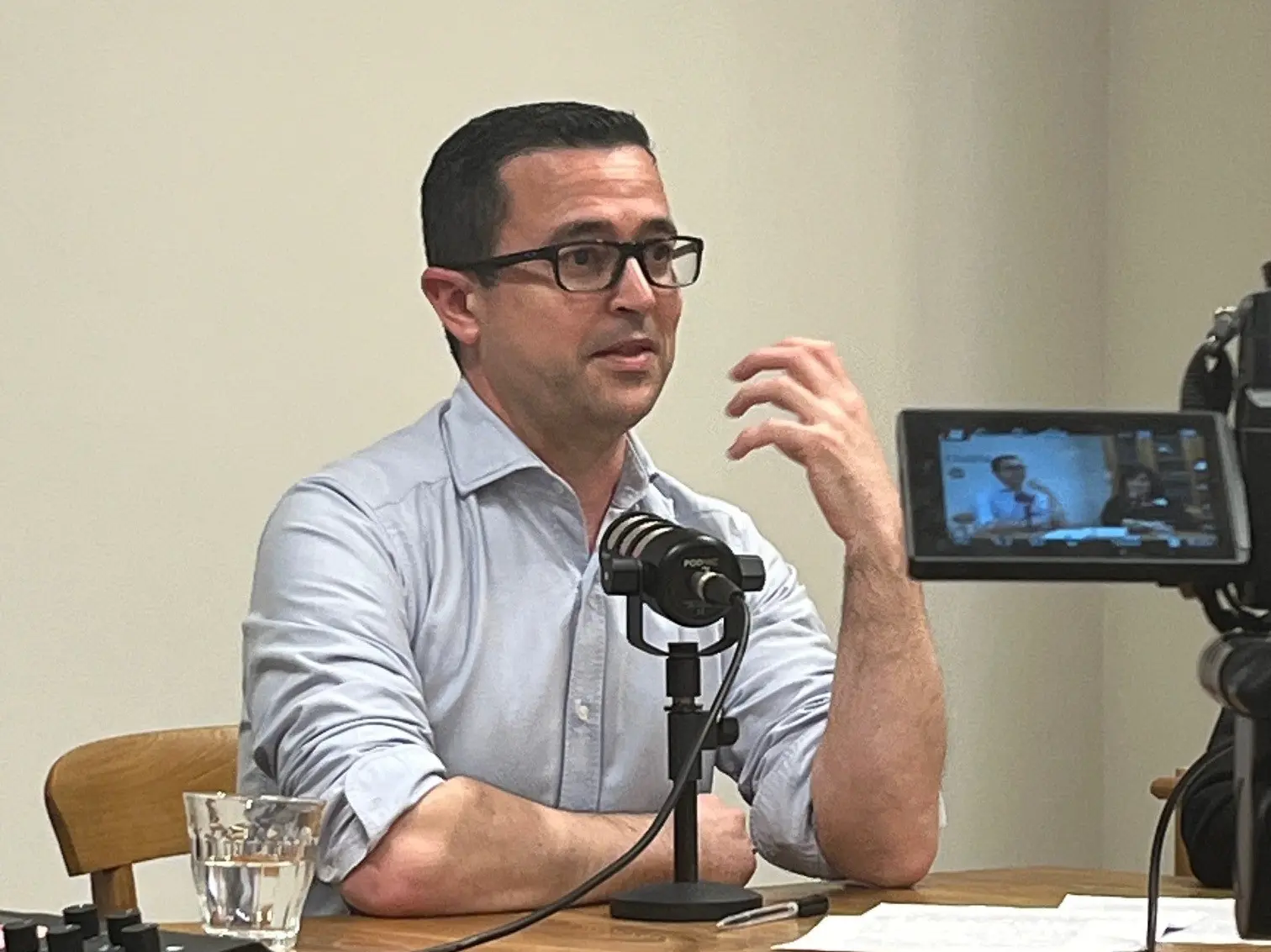What is your motivation (EFCCA) to participate in this project?
We joined METHYLOMIC because it tackles one of the biggest challenges we face: uncertainty. People with Crohn’s disease spend too much time guessing which biologic treatment will work for them and enduring invasive colonoscopies in the process. A quick methylation-based test that identifies potential responders and warns of impending flare-ups would allow them to plan their lives instead of just reacting to setbacks. If science delivers, those results will be invaluable to us and every family living with Crohn’s.
What do you think is the biggest challenge in this project?
From EFCCA’s perspective, the biggest hurdle is turning lab data into something practical that doctors can use in their daily practice. We need to recruit enough volunteers to ensure robust results while also convincing each healthcare system that investing in this kind of test will save money and suffering in the long run. This means having clear communication, well-defined privacy rules, and persistent advocacy in over twenty languages. Without real-world adoption and guaranteed reimbursement, personalized medicine risks remaining just a great idea.
What do you hope this research will bring to the lives of patients with Crohn’s disease?
We imagine a doctor’s visit where a nurse takes a blood sample, places it in a handheld device, and within half an hour, you and your gastroenterologist know whether infliximab, ustekinumab, or another treatment is the best fit for you. No more months spent trialing ineffective medications. This same test could flag a flare-up before symptoms worsen, meaning fewer emergency hospitalizations, fewer missed days at work or school, and far more mental space to live the life you want—beyond Crohn’s disease.
